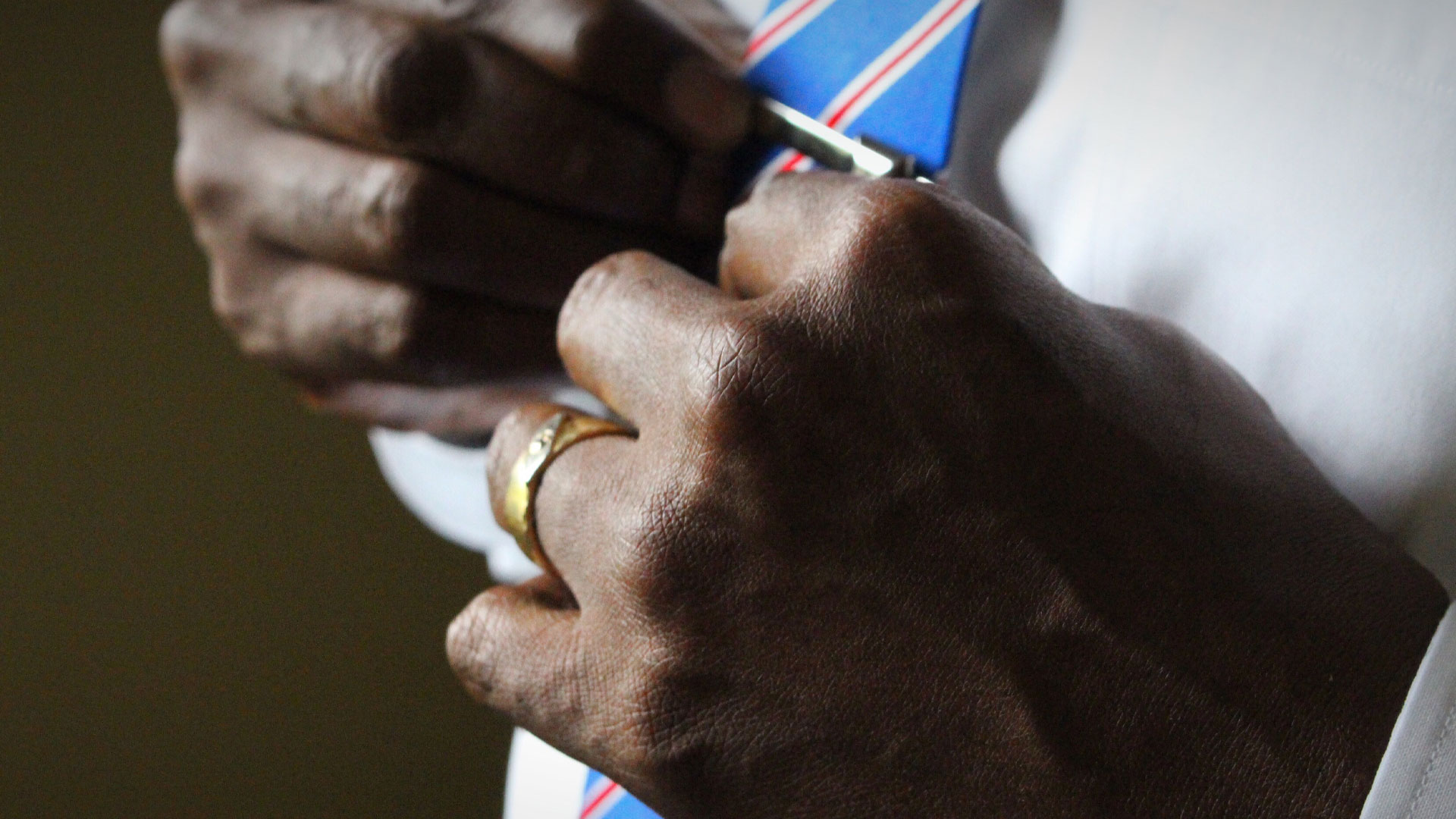Careers advice
Starting a new job checklist
A simple list of what to think about.
Last updated: 18 May 2023
Your new job checklist
1. Do some background reading
Read up on the company before starting.
2. Rehearse your job history
3. Study your commute
4. Choose your outfit
Plan what you're going to wear ahead of time.
5. Sleep well and get a decent breakfast
6. Pack your bag
7. Introduce yourself
8. Think of some questions to ask
Author
Other articles you might like





